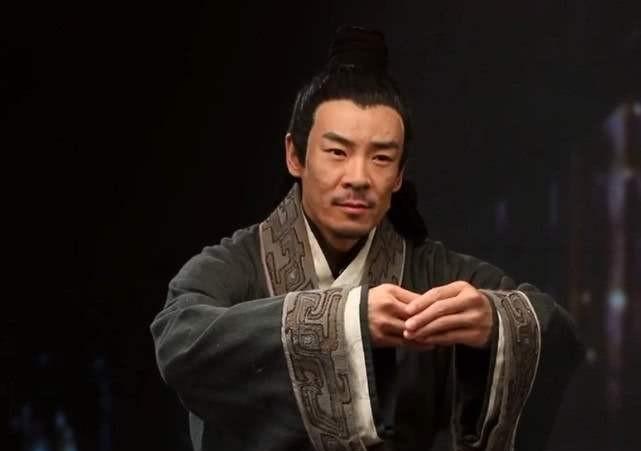Zhang Yi (張出), also known as Junsi (君嗣), a native of Chengdu (now part of Sichuan) in Shu County, had studied history books since childhood and was quite talented. Originally a sima under Liu Zhang, the mu of Yizhou. After Liu Bei entered Shu, Zhang Yi led an army to fight Zhang Fei on Liu Zhang's orders, and after being defeated, he returned to Chengdu.

Zhang Yi stills
After Liu Bei entered Yizhou, he trusted Zhang Yi very much, and successively appointed him to the posts of Taishou of Ba County, General of Sijin Zhonglang, and Taishou of Yizhou. On the way to office, due to the rebellion of the Yizhou people Yong Min, Zhang Yi was escorted by Yong Min to Sun Quan of wu, and was exiled by Sun Quan to Nanhai County. In the first year of Jianxing, Zhuge Liang ordered Deng Zhi to send an envoy to the State of Wu and return to Zhang. After returning to Shu, Zhuge Liang appointed him to join the army and engage in Yizhou Zhizhong.
Later Zhuge Liang was stationed in Hanzhong and trusted Zhang Yi very much, appointing him as a lieutenant of the Shooting Sound School and retaining the governor of the prefecture. It is agile and can cure drama. However, Zhang Yi was at odds with Yang Hong, the Taishou of Shu Commandery, and Cen Yuanjian, a lieutenant of Siyan. Yang Hong, the Taishou of Shu County, was also a person trusted by Zhuge Liang, who was loyal and clean, and worried about the public. At first, Liu Bei was seriously ill in the White Emperor's City, and asked Zhuge Liang and Li Yan to go to the White Emperor's City to arrange the aftermath, but unexpectedly, the backyard caught fire, Han Jia Taishou Huang Yuan rebelled, Chengdu was in danger, Yang Hong took the initiative to put down the rebellion, and captured Huang Yuan.
Liu Bei Bai Di Tuo lone stills
In the fifth year of Jianxing, Zhuge Liang wrote a letter from Hanzhong to Zhang Yi, educating Zhang Yi with affection and enthusiasm, to improve relations with colleagues, to take justice from each other, and to treat others with tolerance.
As a superior leader, how to coordinate the interpersonal relations of subordinates is not enough to simply use the method of executive order, nor can it use the method of coercive subjugation, but only the method of democracy, persuasion, mutual communication, and criticism and self-criticism. The essential feature of this method is to convince people with emotions and reason, and the best effect is to promote self-criticism.
Zhuge Liang stills
Zhuge Liang wrote the "Book with Zhang Yi": "Junxi was under strange circumstances, camped badly, my intentions were not known; the back stream burst into the South China Sea, sighed with sorrow, and slept restlessly; and his return, entrusted with great responsibility, the same award to the royal family, thinking that he was friends with the stone of Jungu." The way of stone intercourse, to take revenge to benefit each other, to cut flesh and bones to make each other clear, still do not thank each other, but I am entrusted to Yuan Frugality, and the king cannot tolerate evil? ”
When this letter "Jun Mo went down to camp bad" and "flowed to the South China Sea", I was restless. It means that you were defeated under Deyang Moxia and later you were sent to Nanhai County, and I was so sad and sad for you that I was restless in my sleep and did not know how to eat; "entrusting a big responsibility" and "thinking that I was a stone handover", which means that when you were brought back from Eastern Wu, I would pay you a heavy responsibility and assist the imperial court together, and I thought that I was with you like a stone friend with whom I had a deep and unbreakable relationship in ancient times. This is "moving with affection", and "the way of stone intercourse, raising revenge to benefit each other" - this is "knowing the reason". The last sentence is very clever, both serious inquiry and euphemistic criticism, and the important thing is to promote guilty reflection and truly realize that he lacks the measure of tolerance.
After Zhang Yi received the book, he realized Zhuge Liang's impartiality and selflessness, corrected his own mistakes, and praised him with deep feelings: "(Zhuge Zhuge) public rewards do not leave far, punishment is not close, knights cannot be taken without merit, punishment cannot be exempted from the nobles, and the reason why this sage and fool have forgotten his body is also." ”